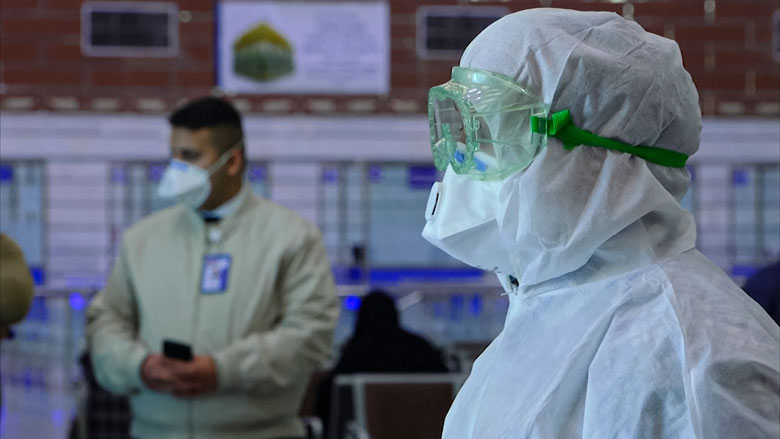Iraq: COVID-19 Situation Report No.1, 27 February 2020
KEY MESSAGES
Six confirmed cases of COVID-19 in Iraq as of 27-February-2020
Emergency Cell has been convened
Month-long school closures implemented in KRI
Restrictions on gatherings in public sites in several governorates
Iraq has shut its border with Iran and barred entry from eight other countries considered to be high risk for transmission
SITUATION OVERVIEW
The first recorded case of COVID-19 (also colloquially known as “coronavirus”) was recorded in Iraq on 24-February, in the city of Najaf, in Najaf governorate. The patient was a theology student from Iran. Four more cases were reported in Kirkuk governorate on 25-February; the patients were an Iraqi family who recently returned from Iran. One additional case was confirmed in Baghdad on 27-February, again from a traveler who had visited Iran. No additional cases have been confirmed, but testing is underway throughout the country. There have been no known fatalities in Iraq to date due to COVID-19.
An inter-agency Emergency Cell has been convened, and relevant United Nations agencies (led by the World Health Organization) have been working in close cooperation with the Ministry of Health, Ministry of Foreign Affairs, Ministry of the Interior and other appropriate government counterparts. Iraq’s medical infrastructure has some significant gaps that WHO is working to address through the fast-track procurement of supplies and equipment. The primary risk of transmission to Iraq comes from neighboring Iran, which has seen a dramatic escalation in infections in recent days (as of 27-February, Iran had 141 confirmed cases with 22 fatalities). Iran and Iraq share 21 official border crossings, and religious tourism is a major source of cultural exchange in both countries. In March 2020, there will be three significant Shia holy days; normally this would be cause for large numbers of pilgrims entering from Iran. However, at present, Iraq has issued an indefinite ban on travelers coming from Iran, China, Thailand, South Korea, Japan, Italy and Singapore, Bahrain and Kuwait (Iraqi nationals, diplomats and official delegations are exempted). Citizens are being advised to avoid public gatherings, conferences, and other unnecessary meetings.



